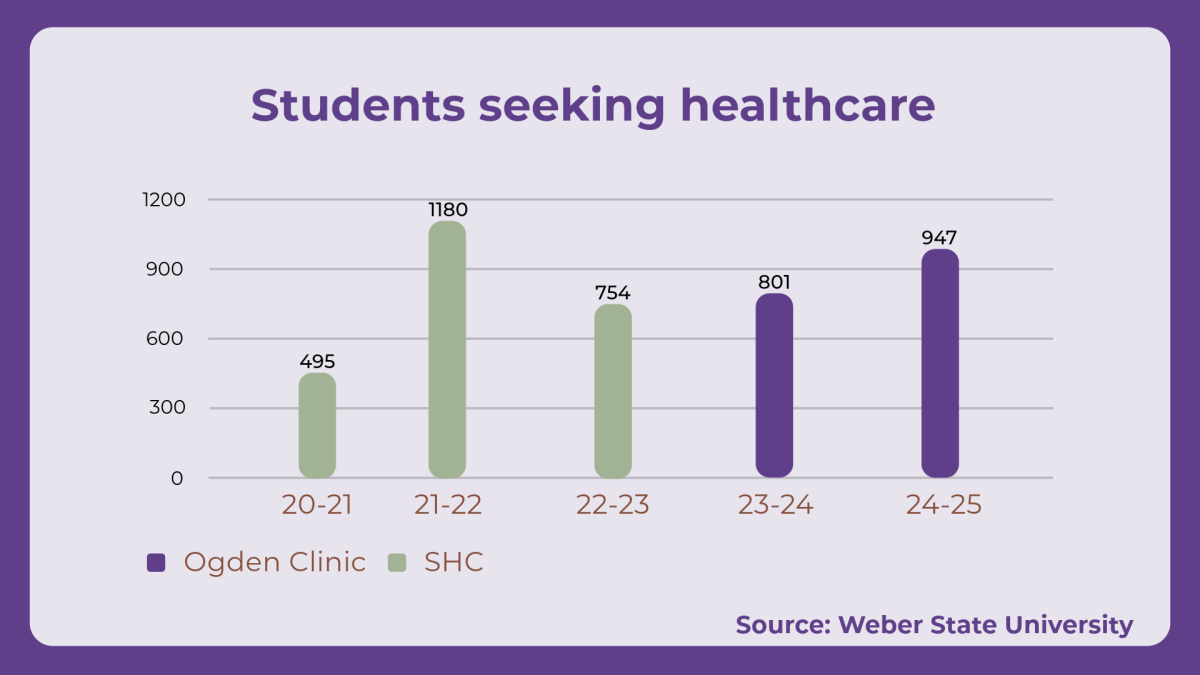
Scientists have been testing anti-aging drugs on mice and look to soon begin testing on humans.
An article on theguardian.com by Oliver Milman discusses that Harvard has been doing anti-aging studies on mice. With the serum, mice who are 2 years old are now appearing to be 6 months old.
Both United States and Australian researchers are hoping that the anti-aging serum can be tested on humans as soon as next year.
The research in this article states that over a time period of a week the mice were given the serum. Within that time frame, the mice had declined substantially in age. For a human, this decline in age would be as significant as a 60-year-old feeling like a 20-year-old.
Researchers want to see how age-reversal theory can treat diseases such as diabetes, cancer and dementia.
According to London Draper Lowe, Weber State University nursing professor, in 2007 there was a study that came out in sciencedaily.com, talking about the first gene therapy success against aging. The gene therapy induces cells to express telomerase, which slows down the biological clock.
Gene expression is how the body builds things, and the gene tells it what to build and how to function. When those kind of processes are interrupted, it is putting the body at risk. Cancer can develop from genes that go awry.
“In this particular instance I wouldn’t (participate) because it has to do with gene therapy. I personally would wait,” said Lowe. “If other people want to be part of that pilot process, that’s fine, but I wouldn’t.”
Lowe tells us that she believes the gene therapy testing is too high risk. She does say that depending on the pilot process, she would consider taking part in a different testing process.
In research at Harvard University, researchers found that the communication between the mitochondria and cell nuclei is declining, which then leads to aging. In response to this discovery, researchers subjected the cell to NAD (nicotinamide adenine dinucleotide). This chemical actually reduces in the body as a person ages.
NAD is also hoped to yield the aging in the skeletal structure. The researchers at Harvard were shocked to find that NAD didn’t just slow the aging process — it reversed it.
“I would love to try it,” said Ben Nelson, zoology major. “I think it would be awesome to live to be 200 or 300 hundred years old. As soon as the general public can get a hold of it, those trials would have already yielded a result.”
Nelson says that pretty much the only thing you would have to worry about is watching generations of your family die.
“Personally, I wouldn’t. I would want to wait until the formula was safe to use and not in its testing stages. I really don’t know (if it will work),” said Caitlin Benko, nursing major. “They call it the immortal serum, but it may not actually make everyone immortal.”














Hugo • May 28, 2015 at 1:22 pm
Revolution in health is fundamental. Thanks for share.
Dr Prem Goyal • Jan 31, 2015 at 10:37 pm
The research on anti aging serum seems interesting .I am pediatrician, 66 yrs old, living in Delhi (India). I am not sure but feel like participating in the project . Future of gene therapy projects is promising, I am keen to stay updated on the developments in this field.